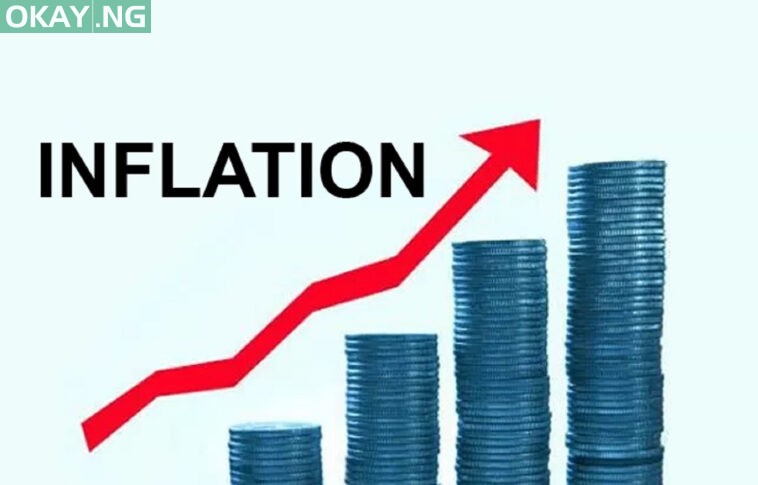The Central Bank of Nigeria’s (CBN) aggressive monetary policy, characterized by significant interest rate hikes, is aimed at curbing the nation’s persistent inflation. While these measures are designed to stabilize the economy, they have a direct impact on the daily lives of Nigerian consumers, affecting everything from borrowing costs to the prices of essential goods.
In an effort to tame inflation, which reached 23.2% year-on-year in February 2025, the CBN has raised the policy rate to 27.5%, an increase of 875 basis points since February 2024. “The CBN has tightened monetary conditions through a combination of policy rate hikes… to strengthen monetary policy transmission,” Fitch Ratings reported. This tightening is intended to reduce the amount of money circulating in the economy, thereby lowering inflationary pressures.
For consumers, this translates to higher borrowing costs, making loans for homes, cars, and businesses more expensive. This can slow down economic activity and reduce spending, but it is a necessary step to control inflation. The increased interest rates also affect the cost of goods and services, as businesses pass on higher borrowing costs to consumers.
Read Also: US Tariffs Threaten Global Inflation, Nigeria at Risk, Warns CBN Governor
“We project inflation, which reached 23.2% year-on-year in February 2025… to average 22% in 2025,” Fitch stated.
The CBN’s use of prudential and operational tools, such as open market operations, is also crucial in managing inflation. By aligning these operations with the monetary policy rate, the CBN aims to ensure that its policies are effectively transmitted throughout the financial system.
However, the fight against inflation is not without its challenges. Fitch forecasts that the budget deficit will widen in 2025-2026, averaging 4.2% of GDP, due to increased government spending. This could put additional pressure on prices and make it harder for the CBN to achieve its inflation targets.
The CBN’s tight monetary policy is a critical component of Nigeria’s efforts to stabilize its economy and control inflation. While consumers may feel the immediate impact of higher borrowing costs and potentially higher prices, these measures are essential for long-term economic stability. The success of these policies will depend on the government’s ability to maintain fiscal discipline and support the CBN’s efforts.













